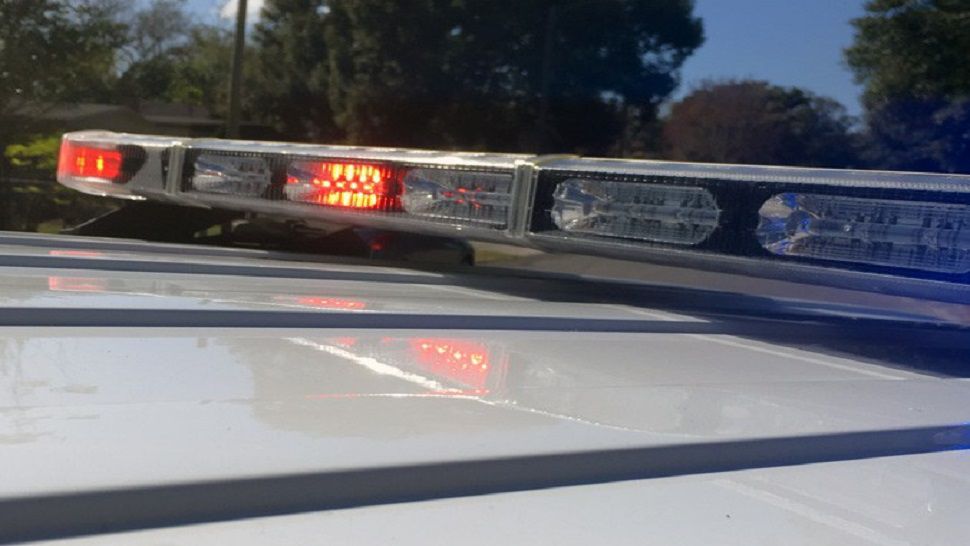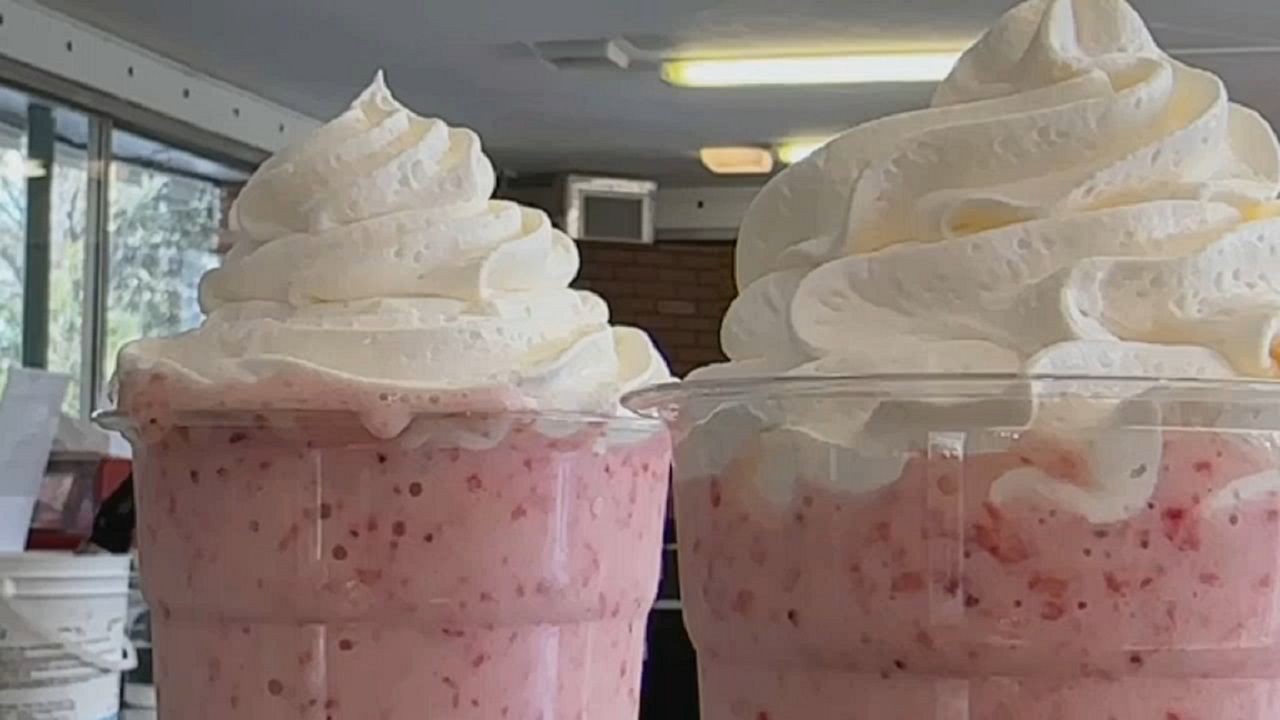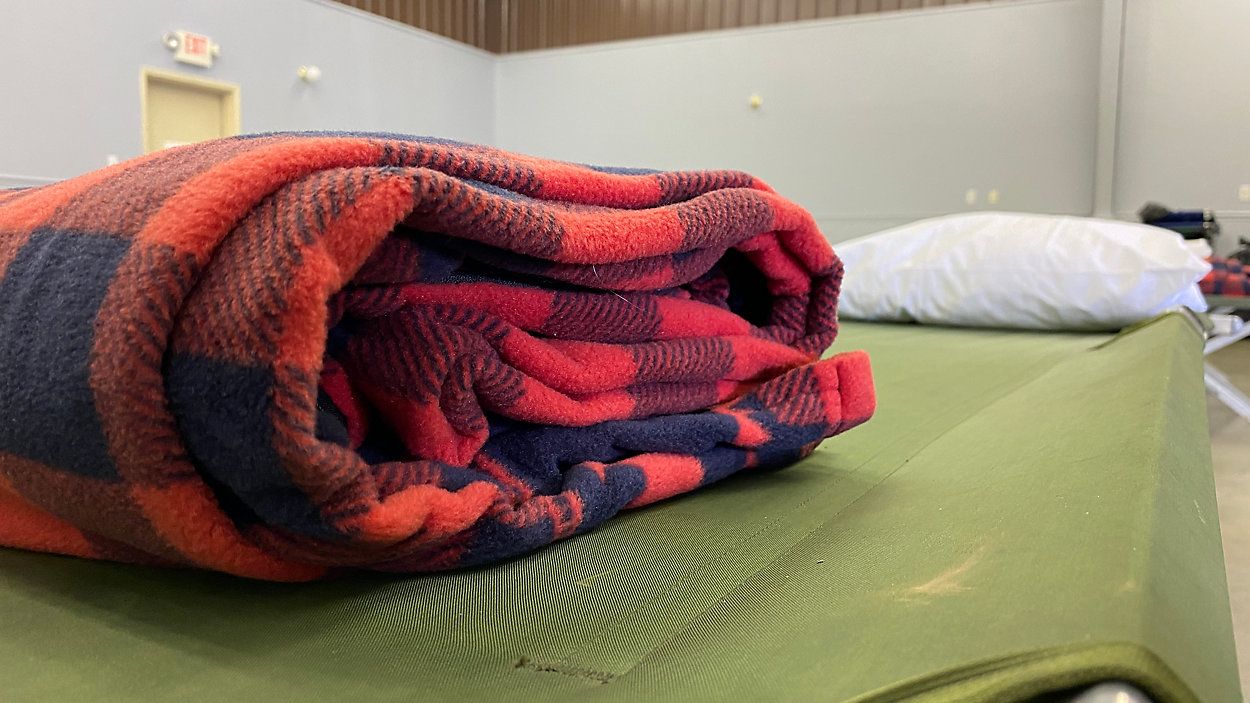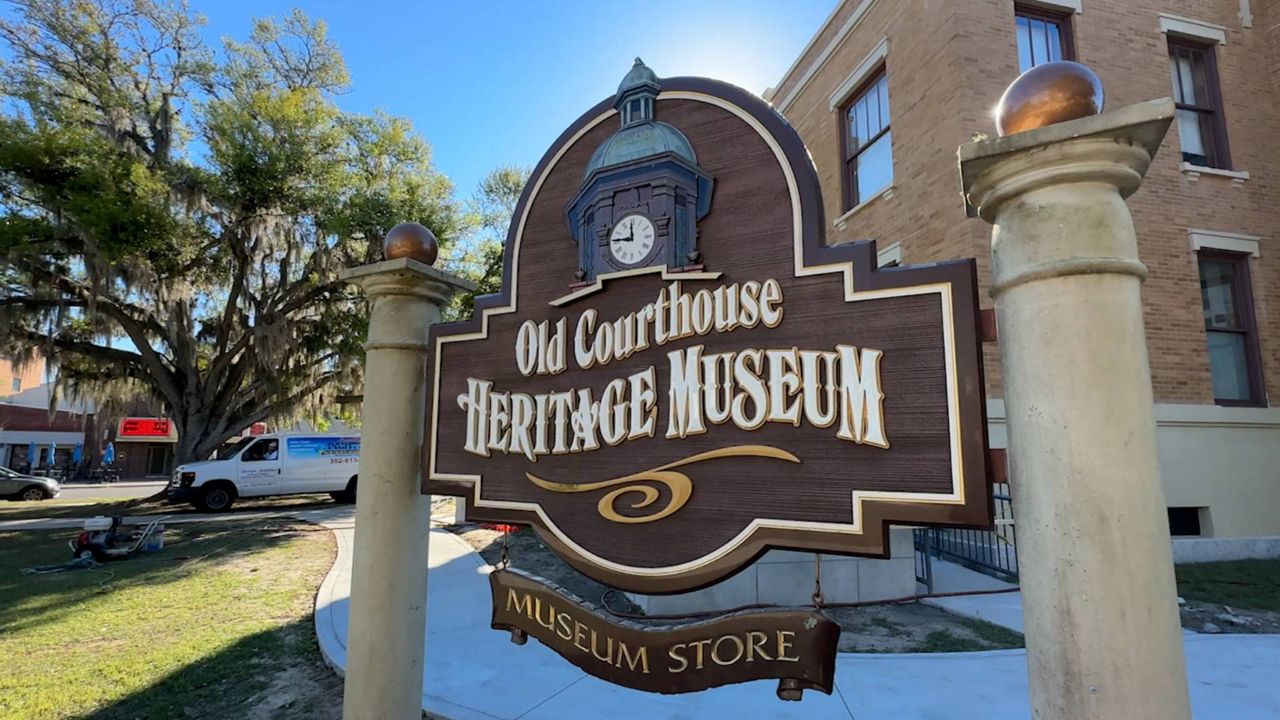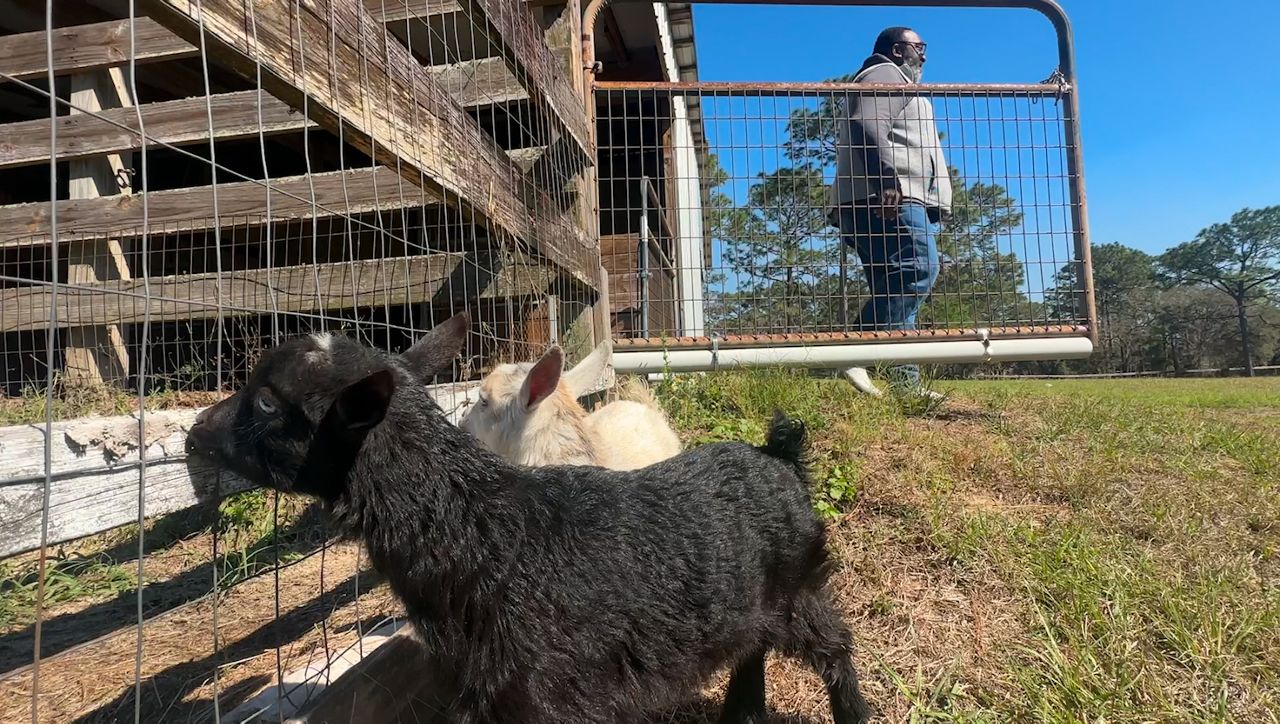HOMOSASSA, Fla. — A few homeowners are growing concerned after a string of manatee deaths in their own backyard.
The recent deaths have sparked an investigation by the Florida Fish and Wildlife Conservation Commission (FWC), with some locals becoming vocal over the issue.
Nestled in a quiet habitat along the Halls River, Sally Krasny looks out on her backyard. A view she’s been enjoying for 27 years and counting.
"We used to have crabs all over the place. We’d see the kids and the shells hunting for crabs. We’d have lots of birds in the winter," she said. "We’re known as the Nature Coast and our resources need to be protected."
But recently, there’s been an issue on the water. A recent string of deaths involving manatees and catfish. Something, Krasny says, that has not happened before.
“We have never seen a kill off the way we’re experiencing right now," Krasny said. "We’re not seeing the wildlife here. There is no eel grass left in the Halls River.”
It’s for this reason that has Krasny and other homeowners, like Laura King, concerned.
“It’s quite shocking," said King. "The first one I cried. I know people think that’s silly to cry over wildlife, but I spend so much time out here. They’re like my pets — we name them and I know them by their scars.”
One strong belief from Krasny and a few others is that the cause is nearby, believing the construction on US-19 has something to do with the recent deaths.
“It started when they started the highway project and started digging the retention ponds," says Krasny. "We objected to them and they convinced us that the ponds would not affect our rivers at all."
Whatever the cause may be, locals like King and Krasny say they will remain vocal for the wildlife.
“This is our passion — is nature," said Krasny. "And so I’m going to protect it the best way I can. It’s my backyard.”
A backyard worth protecting.
Spectrum News did reach out for comment from the FWC. A spokesperson with the FWC provided the following statement:
The Florida Fish and Wildlife Conservation Commission (FWC) is investigating a fish kill in the Homosassa River, which primarily affected hardhead catfish (Ariopsis felis), and was first reported to FWC’s Fish Kill Hotline on March 9th relaying dead fish had been observed for one week prior to the call. On March 15, FWC staff visited the site, collected three water samples, all of which were associated with normal water quality parameters (dissolved oxygen, pH, salinity, temperature). Due to decomposition, staff could not collect fish samples for necropsy. Analysis of water samples for harmful algal blooms is pending.
FWC is also monitoring an increase in manatee deaths from the Homosassa River. Since January, FWC has confirmed ten manatee carcasses in the Homosassa River, and four additional carcasses in its tributaries. At least five of the manatee deaths are attributed to an acute natural gut infection from a dietary change to macroalgae, which has been documented before when colder weather restricts manatee movements to areas with seagrass.
At this time, staff have found no evidence to suggest the manatee mortality and fish kill events are related.
We urge the public to continue to report any sightings of sick, injured, or dead manatees or other wildlife to FWC’s Wildlife Alert Hotline at 1-888-404-FWCC (3922).
To report a fish kill, diseased fish, or a fish with other abnormalities to FWC’s Fish Kill Hotline you can call: 800-636-0511 or submit a report online at MyFWC.com/ReportFishKill.






